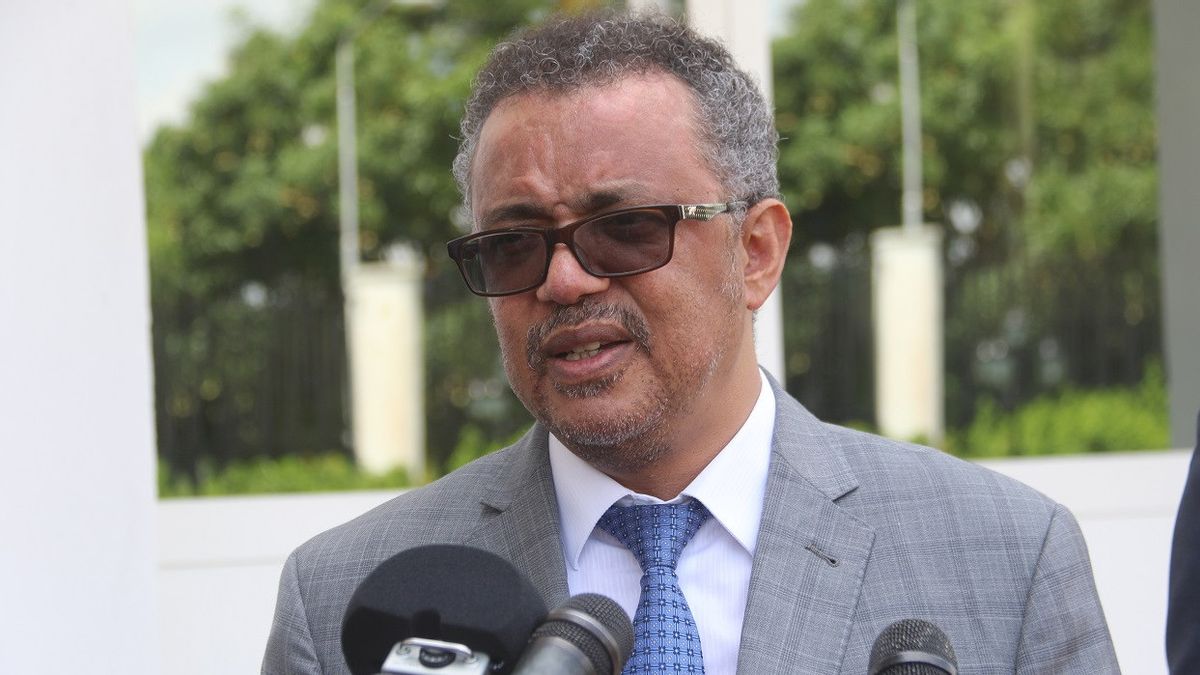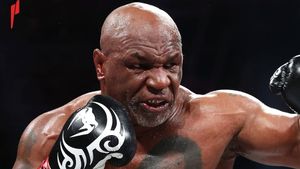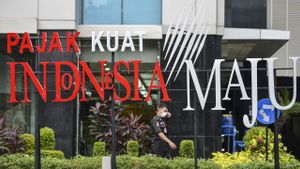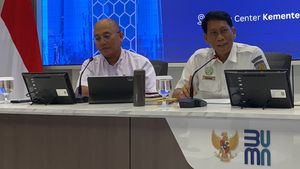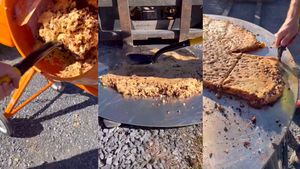JAKARTA - More than 80 aid workers, including some employed by the World Health Organization (WHO), are suspected of involvement in sexual harassment and exploitation during the Ebola crisis in the Democratic Republic of Congo, an independent commission said on Tuesday.
The probe was prompted by an investigation last year by the Thomson Reuters Foundation and The New Humanitarian, in which more than 50 women accused aid workers from WHO and other charities of demanding sex in exchange for work between 2018-2020.
In its report, the commission found that at least 21 of the 83 alleged perpetrators were employed by the WHO, with a number of offenses, including nine counts of rape, committed by national and international staff.
"The review team has determined that the alleged victims were promised jobs in exchange for sexual intercourse or to keep their jobs," commission member Malick Coulibaly told a news conference, citing Reuters Sept. 29.
Many of the male perpetrators refused to use condoms and 29 of the women became pregnant and some were forced to have an abortion later, he added.
Meanwhile, WHO Director-General Tedros Adhanom Ghebreyesus, who has vowed zero tolerance for sexual harassment, said the report made "terrible reading" and apologized to the victims.
"What happened to you should never happen to anyone. It is unforgivable. My top priority is to ensure that the perpetrators are not forgiven, but held accountable," he said, promising further steps including "a thorough reform of the structure and our culture."
Separately, Regional Director Matshidiso Moeti said the WHO was ashamed, afraid and saddened by the findings. Meanwhile, a spokesman for the UN Secretary-General Antonio Guterres also apologized and thanked the victims for their courage to testify.
Known perpetrators have been barred from future WHO work, while the contracts of four people employed by the health agency have been terminated, officials said.
It is not clear whether the perpetrators of sexual abuse exploitation will be brought to justice. Tedros said he planned to refer the rape allegations to Congo and to the countries of the alleged perpetrators. Some of them have not yet been identified.
In response to the response, representatives of victims in Beni, once an Ebola hotspot in eastern Congo, Africa welcomed the WHO's reaction but urged to do more.
"We encourage WHO to go ahead and show the public that its personnel who abuse women and their daughters in our community have been severely punished," said Esperence Kazi, coordinator of the women's rights group 'One Girl One Leader' in Beni, Congo. .
The English, Chinese, Japanese, Arabic, and French versions are automatically generated by the AI. So there may still be inaccuracies in translating, please always see Indonesian as our main language. (system supported by DigitalSiber.id)
